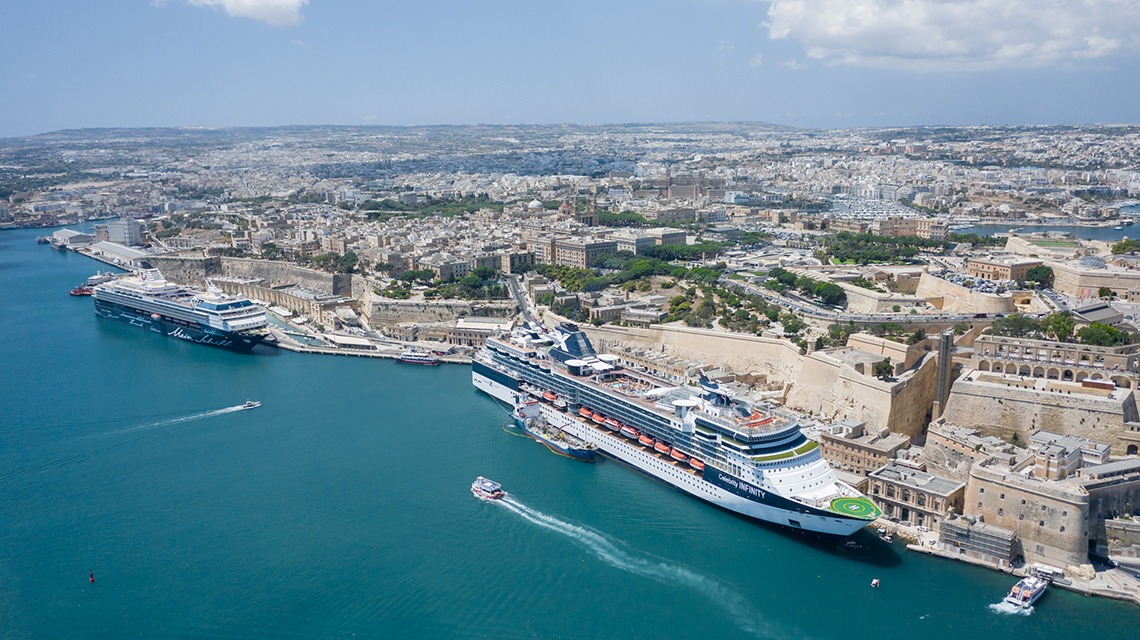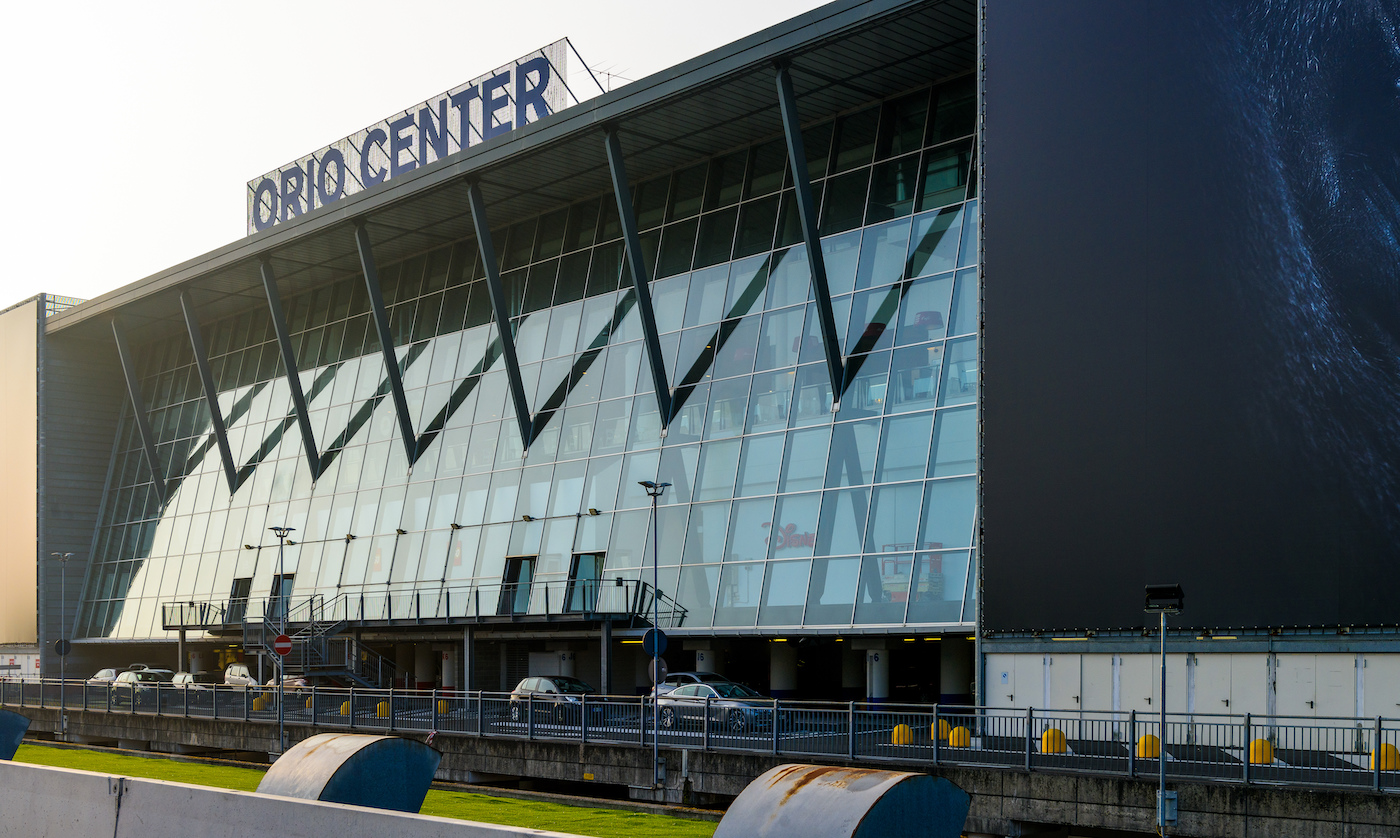Cruise tourism in Malta saw a strong start to 2025, with passenger traffic increasing by 10.5 per cent during the first quarter when compared to the same period last year, according to newly published figures from the National Statistics Office (NSO).
Between January and March, a total of 84,597 cruise passengers visited Malta, up from 76,562 in Q1 2024. This increase was supported by a rise in the number of cruise liner calls, which grew from 19 to 31 over the same period.
Although overall traffic was up, the average number of passengers per vessel declined significantly, from 4,030 in Q1 2024 to 2,729 in Q1 2025 – a drop of over 32 per cent.
Transit passengers accounted for the overwhelming majority of cruise traffic, comprising 98.2 per cent of total arrivals, or 83,095 individuals. Meanwhile, just 1,502 passengers landed in Malta and departed via alternative means.
US cruise market more than doubles
Passengers from EU countries made up 56.6 per cent of the total, with Italy (21.9 per cent) and Spain (8.9 per cent) emerging as the leading source markets. The non-EU segment grew substantially, particularly driven by the United States and the United Kingdom.
The number of cruise passengers from the US jumped from 4,146 in Q1 2024 to 9,491 in Q1 2025 – a 129 per cent increase. The UK also registered moderate growth, increasing from 6,271 to 6,720 passengers.
In contrast, figures for Italian and Spanish passengers dipped slightly. Italy saw a decline of 3,255 passengers, while Spain registered a drop of 1,165.
Older travellers make up growing share
The data indicates a continued trend of older age groups choosing cruise holidays. The 40–59 age bracket accounted for 30.6 per cent of all passengers, followed by those aged 60–79, who represented 28.6 per cent. The number of cruise passengers aged 80 and above more than doubled, rising from 1,796 to 3,160.
Men made up a slight majority of cruise passengers at 52 per cent, though female travellers also increased year-on-year.
Malta flights to Bergamo suspended following fatal incident
An incident resulted in the cancellation of several other flights, with some flights being redirected to nearby airport
Malta’s business economy grows by 15.6% in 2023
While large enterprises continue to play a leading role, SMEs and micro-businesses remain vital pillars of the economy
MFSA and Central Bank warn of loan and email scams
Both institutions urged the public to report suspicious activity and avoid sharing personal data with unverified sources






